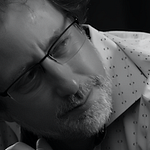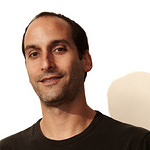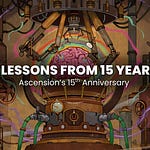About Mark Rosewater
Mark Rosewater head designer of Magic: The Gathering. Mark is one of the most prolific writers on game design, including his long running column, “Making Magic.” We discuss what it’s like working on Magic, with its millions of fans and decades of content and how this can apply to building your own games with similar goals. Mark taught me more about game design than any other person and he has a lot to teach you too!
Show Notes:
Mark Rosewater on Game Design Principles (1:05.47 - 3:40.26):
"The idea is design is design... there's a lot of principles of design. But the core difference between designing games and a product like a lamp is the in-built challenge in games."
In this segment, Mark Rosewater discusses the fundamental principles of game design and draws parallels with industrial design. He contrasts the simplicity sought in product design, like that of a lamp, with the intentional complexity of game design that introduces a challenge for players.
Games: Defining and Redefining (5:10.52 - 7:12.09):
"It's a notoriously difficult puzzle to define what games are... my favorite definition is that games are the voluntary acceptance of unnecessary obstacles."
Rosewater delves deep into the essence of games, their definitions, and what differentiates them from other experiences. From considering Candyland's status as a game to discussing interaction in games, Mark provides a comprehensive perspective on what makes a game truly a game.
Minecraft: Game or Toy? (9:32.01 - 11:08.46):
"In my mind, survival mode Minecraft is a game, and creative mode Minecraft is a toy. It's not a game. It's Legos."
Rosewater presents an interesting distinction between Minecraft's two modes, with the survival mode being more game-like due to its challenges and the creative mode resembling a toy. He pushes the boundaries of traditional game definitions by considering the player's experience.
The Value of Vocabulary in Game Design (13:20.40 - 15:23.15):
"I've spent a lot of time and energy labeling things... vocabulary is an important tool for advancing something."
Mark underscores the importance of having a vocabulary specific to game design. Drawing from his experience and his mentorship under Richard Garfield, he emphasizes how terminology can facilitate clearer communication and faster advancement in the game design field.
Advice for Aspiring Game Designers (17:10.24 - 19:55.32):
"If you want to be a game designer, understand your tools... play a lot of games and make a lot of games."
Rosewater offers valuable insights for those looking to break into the game design industry. He emphasizes the importance of passion, understanding one's tools, learning from playing various games, and the iterative process of designing.
Concluding Remarks (22:42.50 - 24:18.59):
"Making games isn't easy. It's satisfying, it's something you love, but it's not easy to do... always have a bullseye, always have a thing you're aiming for."
Mark closes the conversation with some final pieces of advice and reflections on his journey in the game design world. He encourages designers to be persistent, have clear goals, and remain dedicated to their craft.












